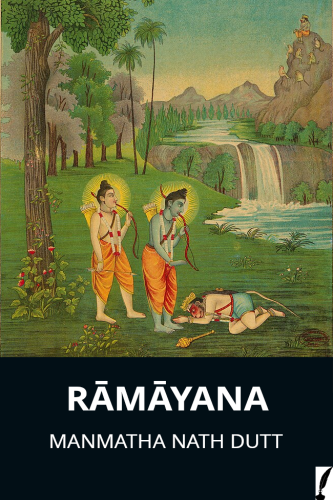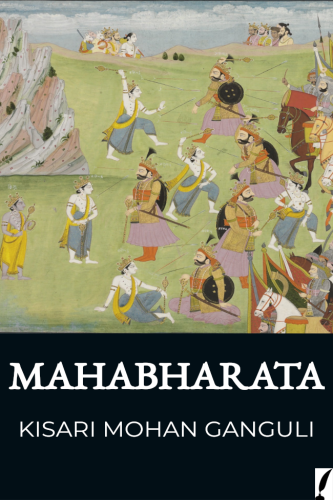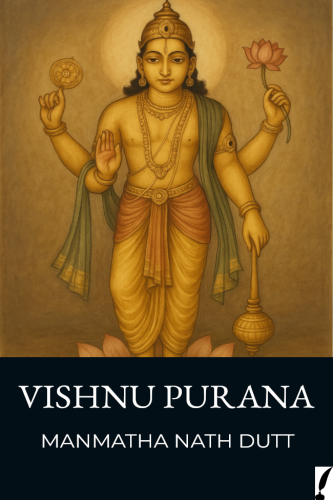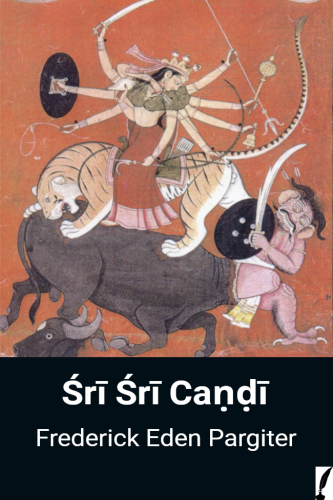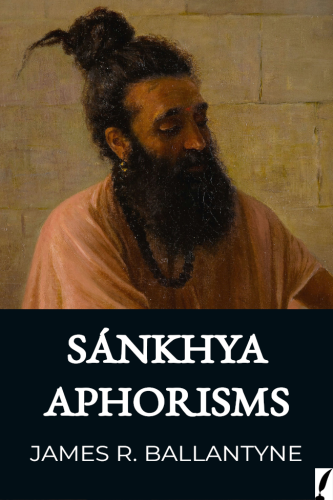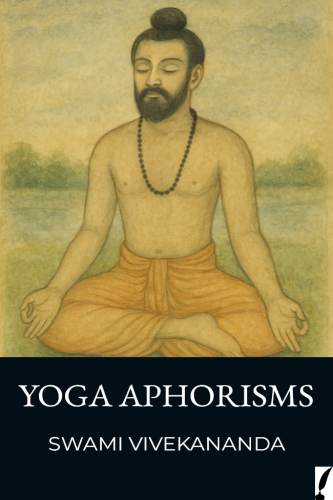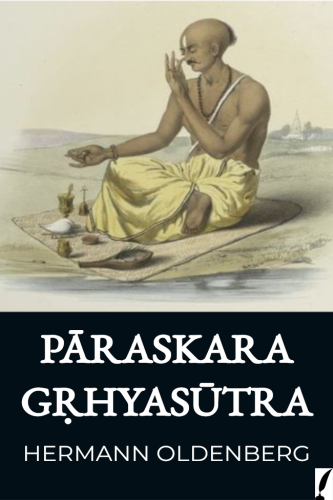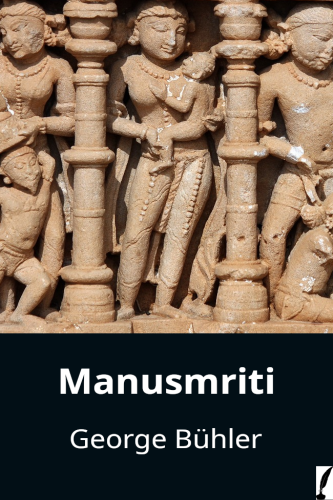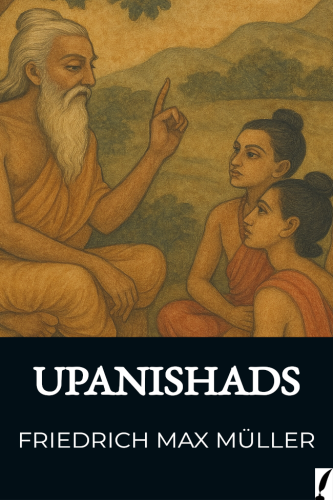Religion
- Agnosticism 2
- Antiquities & Archaeology 21
- Atheism 12
- Biblical Criticism & Interpretation 15
- Biblical Meditations 3
- Biblical Reference 1
- Biblical Studies 11
- Buddhism 8
- Christian Church 52
- Christian Education 5
- Christian Life 26
- Christianity 60
- Cults 2
- Devotional 6
- Eastern 2
- Education 4
- Eschatology 1
- Ethics 3
- General 60
- Gnosticism 1
- Hinduism 15
- History 28
- Holidays 10
- Inspirational 1
- Islam 8
- Judaism 3
- Leadership 1
- Meditations 3
- Monasticism 1
- Mysticism 11
- Philosophy 4
- Prayer 26
- Prayerbooks 5
- Religion & Science 12
- Sermons 54
- Spirituality 53
- Theism 2
- Theology 17
- Theosophy 15
Religion Books
Sort by:
Ramayana finds its place within the Itihasa section of the Hindu corpus. Although Itihasa literally implies history, a more appropriate interpretation would be legends. The way we comprehend history today is not the same as how ancient people used to recount past events. They were more inclined towards legends. The tale of Rama was initially composed by Valmiki, though it likely existed within the...
more...
It is with great pride and reverence that we present the timeless epic, the Mahabharata, translated by Kisari Mohan Ganguli, in this EPUB edition. This monumental work, originally composed in Sanskrit, holds an unparalleled position in the annals of world literature, and Ganguli’s translation is a pivotal contribution that has made this treasure accessible to English-speaking readers around the globe....
more...
We are pleased to present this free digital edition of the Vishnu Purāna, translated into English by the renowned scholar Manmatha Nath Dutt. This classic work forms part of our continuing effort to make the treasures of Hindu sacred literature accessible to readers across the world. The Vishnu Purāna is one of the eighteen Mahāpurānas, the major Purānic texts of Hindu tradition. Among these, it...
more...
Śrī Śrī Caṇḍī is a revered text among Śāktas, who follow Śaktism — a branch of Hinduism. It is read during the worship of Goddess Durgā and is especially popular in Eastern India, particularly in Bengal — a Śākta stronghold. Śrī Śrī Caṇḍī, also known as Devī Māhātmya or Durgā Saptaśatī, is an excerpt from the Mārkanḍeya Purāṇa, which is one of the 18...
more...
Sankhya is one of the six schools of Hindu philosophy that accept the authority of the Vedas (Sruti). The other schools are Yoga, Nyaya, Vaisheshika, Vedanta, and Mimamsa. Sankhya is closely related to the Yoga school. The founder of the Sankhya school was Sage Kapila. Three canonical texts of this school are available today: Isvarakrishna's Sankhya Karika, Tattva Samasa, and the Sankhya Sutra of...
more...
Yoga is one of the six classical schools of Hindu philosophy, collectively known as the Ṣaḍ-Darśanas. Like all other orthodox schools, Yoga upholds the authority of the Vedas. It is closely allied with Sāṅkhya philosophy and may, in many ways, be regarded as its practical counterpart. While Sāṅkhya presents a systematic metaphysical framework through theoretical exposition, Yoga guides the...
more...
Grihyasutras belong to the Vedangas, comprising six divisions—Shiksha, Chandas, Vyakarana, Nirukta, Kalpa, and Jyotisha. Among these, Kalpa or Kalpasutras are delineated into four subdivisions: Srautasutra, Sulbasutra, Dharmasutra (also known as Dharmasastra), and Grihyasutra. The first two divisions, Srautasutra and Sulbasutra, delve into the intricacies of Srauta yajna—fire sacrifices outlined in...
more...
by:
George Buhler
Manusmriti is the foundational text that navigates the intricate tapestry of ancient Hindu society and jurisprudence. It is categorized under the Vedangas, which encompasses six auxiliary subjects to the Vedas. This text specifically comes under Kalpasutras — one such subject. Kalpasutras have four divisions: Srautasutras, Sulbasutras, Grihyasutras, and Dharmasutras. Srautasutras deal with the...
more...
We are honoured to publish Friedrich Max Müller's translation of the Upanishads as a free EPUB edition. This translation was originally published in 1900 as part of the Sacred Books of the East series, which is now in the public domain. The Upanishads are the heart of Hinduism. These texts are not only the concluding parts of the holy Vedas but also their philosophical culmination. Vedānta...
more...
by:
Devotion Inc.
20 Days Healing: Re-possess Your Health and Faith When sickness strikes or chronic pain lingers, it’s easy to feel like your body—and even your faith—are under siege. 20 Days Healing is a transformative, Scripture-packed journey designed to help you reclaim what belongs to you: wholeness in body and spirit. This powerful 20-day devotional combines: Daily healing Scriptures (with Hebrew/Greek...
more...


